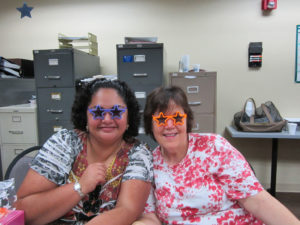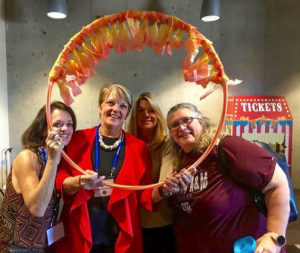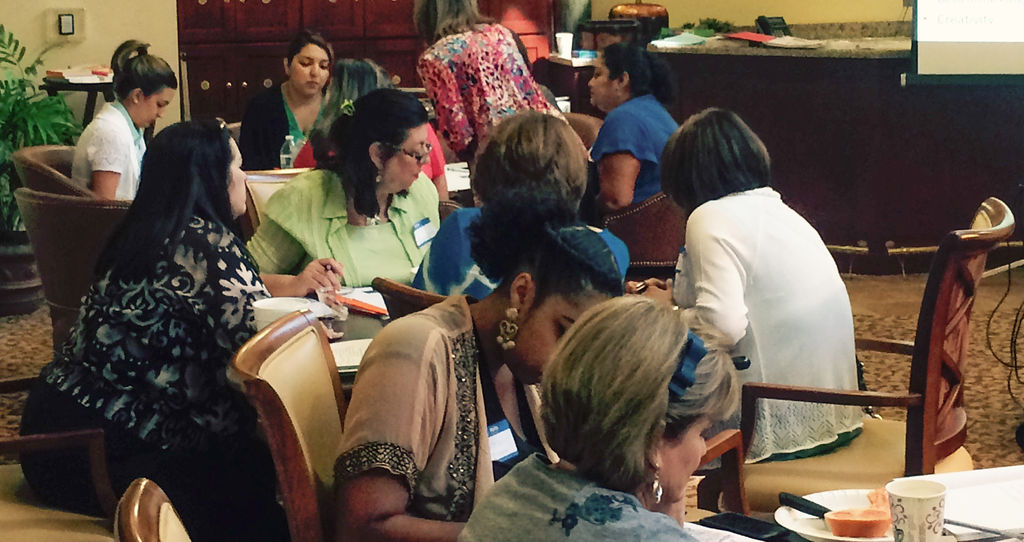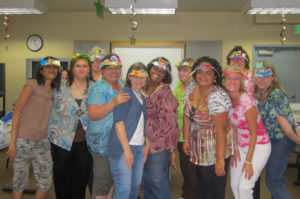
“The facility must provide, based on the comprehensive assessment and care plan and the preferences of each resident, an ongoing program to support residents in their choice of activities, both facility sponsored group and individual activities and independent activities, designed to meet the interests of and support the physical, mental and psychosocial well-being of each resident, encouraging both independence and interaction in the community. (F-Tag 679)

It has the following:
This Modular Education Program for Activity Professionals (MEPAP Part 1) will QUALIFY you in Texas (to work in skilled nursing, day services or assisted living memory care.
Check your state regulations for these areas of care.
Activity Professionals work in many different practice settings. The job titles may vary within the profession such as; life enrichment coordinator, lifestyles manager, active life director, recreation director, or engagement director. Activity service practice setting include the following:
How is each level of care defined?
What level of care do you think you would most like to work? Why?

Duties include
Personal Characteristics
Activity program interventions and leadership: tools of the trade
The interdisciplinary team varies depending on the practice setting. The IDT in skilled nursing will include nursing, dietary, social services, activities and therapies. In assisted living and memory care, the team will typically not have social services and therapies. The Activity Professionals Role on the Interdisciplinary Team is important. Learning to communicate in the proper language is a vital part of becoming a professional.
The Activity Professional is an Integral Part of the Interdisciplinary Care Team
It is a crucial time for life enrichment specialists to demonstrate their unique skills and talents as alternate non-drug interventions are being used to address the Behavioral and Psychological Symptoms of Dementia (BPSD).
“For residents with dementia, the lack of engaging activities can cause boredom, loneliness and frustration, resulting in distress and agitation. Activities must be individualized and customized based on the resident’s previous lifestyle (occupation, family, hobbies), preferences and comforts.” F-Tag 679
NCCAP Mission Statement
The National Certification Council for Activity Professionals is a credentialing body which sets standards and criteria for those working to meet the leisure needs of those in their care. NCCAP sets the following goals as means to achieve its mission
 NCCAP certification is a process. Standards must be met for academic education, experience, continuing education and the MEPAP.
NCCAP certification is a process. Standards must be met for academic education, experience, continuing education and the MEPAP.
The standards are different for each of the 3 levels of certification. A National exam is required for ADC certification.
APC Activity Professional Certified
ADC Activity Director Certified
ACC Activity Consultant Certified
Many additional specialty and engagement certifications, including Montessori and Validation, are also available through NCCAP.
Other organizations that support the Activity Profession
Being a professional activity/life enrichment employee means keeping current in the field. Connecting with other activity professionals is imperative for continued growth. There are many opportunities.
National Association of Activity Professionals
The Standards of Practice for an Activity Professional, Scope of Practice and Code of Ethics are available on the NAAP website and can be downloaded. Each activity professional should be familiar with these documents.
State and Local Associations TEXAS
Activity Professionals Association of Greater Dallas
Activity Director’s Association of Greater Fort Worth
Activity Professionals of South Texas
Capitol Area Social and Activity Coordinators Association
Greater Sabine
East Texas Activity Professionals Association